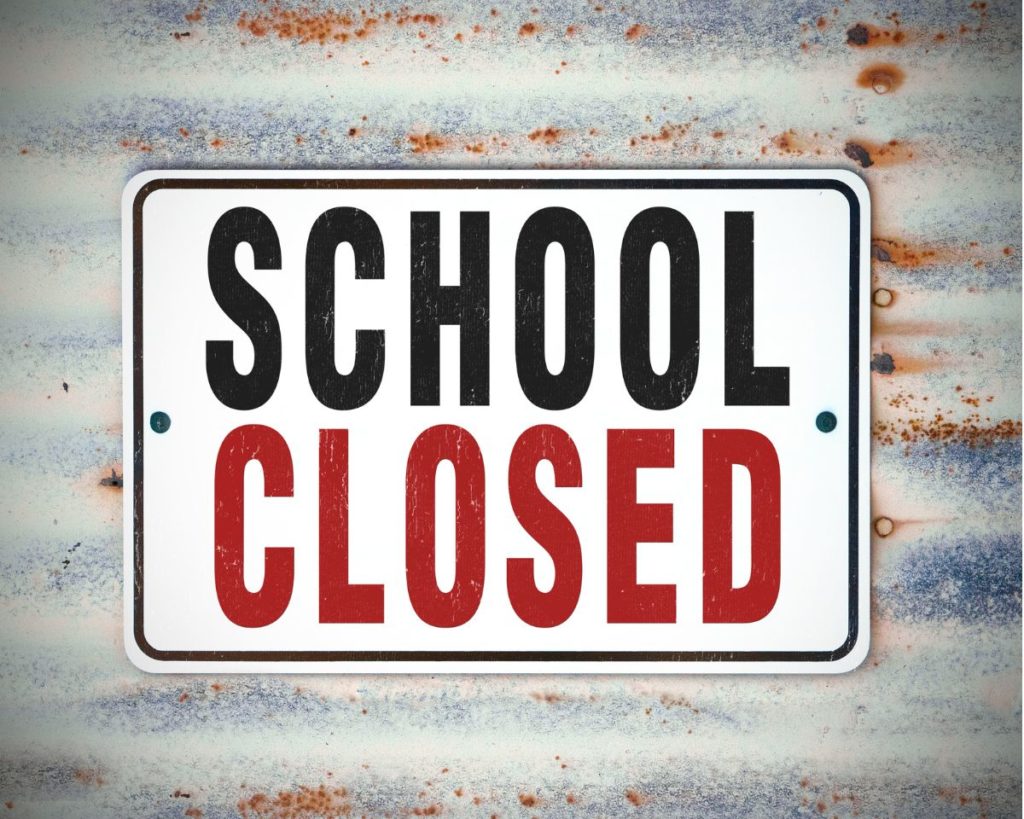The Denver school board’s 6-1 vote Aug. 20 on overhauling the district School Performance Framework might look on the surface like an almost-unified decision to spend more time figuring out how to provide the public with meaningful data on its schools.
In reality, the vote masks significant divisions on the board and, more importantly, indefinitely delays the development of any kind of new accountability system parents can use to figure out which schools would work best for their children.
Several board members framed the vote as a win for parents. Maybe someday. For now, it’s a win for those in the community pushing the position that parents don’t need data. Schools just need more money so that every neighborhood can have a great school. These people ignore the inconvenient truth that this non-strategy has never worked in the past. There’s no reason to believe it will work in the future.
You can read the resolution at the bottom of this post. Here’s the briefest of summaries.
The resolution directs Denver Public Schools to adopt the state’s SPF, which relies wholly on standardized test scores to evaluate school quality. The state SPF is deeply flawed. For starters, as board member Angela Cobián pointed out, it doesn’t measure the academic growth of second language learners, who comprise 36 percent of DPS students.
Further, the resolution delays development of a data dashboard that would provide a more holistic view of school quality. In the language of the resolution, the dashboard would roll out following a process of indeterminate length during which the district would “continue community engagement into and through the Denver Plan 2030 process to identify public information families want to know about their schools and that schools want families to know, to ensure that all families have equitable access to information that empowers them as cooperative partners in our schools.”
The board hasn’t set a timetable for the Denver Plan 2030 process, so the delay is, in fact, indefinite.
Finally, the resolution directs DPS staff to align the SPF with pandemic-related crisis priorities. Central to this is what board members have described as a “mindset-shift” from accountability fostering competition among schools to one of “mutual accountability.”
Apparently, the new consensus in DPS is that anything that compares one school to another is demoralizing and humiliating for schools, and therefore wrong-headed. While there’s a kernel of truth buried deep inside this consensus — external factors play a big role in how schools get ranked, which can be unfair — it smacks of the worst kind of paternalistic condescension, and baldly places the self-interest of educators above the mutual interests of parents.
Based on last night’s remarks by board members, here’s how the board breaks down on the future of the SPF. Four members — President Carrie Olson, Brad Laurvick, Jennifer Bacon, and Tay Anderson — believe a dashboard needs to be part of the SPF, but not until broader community conversations take place and more parents and educators have a say in what data should be included, and from what sources. As long as schools aren’t placed in competition with one another, these four members support some kind of dashboard.
Bacon said that information is power, and that she supports families having information about their schools. A lack of such information “keeps people in their place,” she said. She added that withholding data from parents because the district hasn’t figured out how to keep data from being “weaponized” is the wrong approach. What the district needs to do, she concluded, is do more work to figure out what information families want and need.
Also, she said, the district needs to define for itself and the community “what a great and successful school is.”
Board members Barbara O’Brien and Cobián put parental right to school data front and center. O’Brien said the resolution represents “a watered down version” of recommendations forwarded to the board by a broad-based community committee that worked for a year on “reimagining” the SPF.
“I just want to say to all the people who are feeling that numbers just drive competition: There were generations of black and brown kids who were being completely left behind by school districts like Denver’s,” O’Brien said. “And they could sweep that fact under a rug because they didn’t have to produce any evidence of how different groups of kids were doing.”
O’Brien added that not “having insight into that achievement gap” increases the likelihood that the district won’t deal with it effectively.
Cobián said she believes that broadening the definition of school quality to include socio-emotional supports, learning environment and school culture is essential. But, she stressed, that doesn’t mean excluding other measures. “When I read emails from white people talking about how the SPF is racist, I have to take a moment of pause and say while it has been used in ways that can be defined as destructive or racist…leverag(ing) it in a way to produce racially equitable outcomes is actually the very definition of anti-racist.”
The outlier in the board debate was Scott Baldermann, the lone vote against the resolution. Baldermann returned to his theme of worrying about how publicly-facing data can be “weaponized” against schools. He said the previous incarnation of the SPF was what he described as “a core element of education reform and a portfolio model designed to sort schools, teachers, and leaders into winners and losers, and, just like an investment portfolio, schools are dropped due to poor performance.”
Baldermann also said it was a mistake to focus on the SPF during a pandemic, when the district should be laser-focused on providing learning supports to all students. He criticized his colleagues for “continuing to govern without a strategic plan, vision, definition of equity, definition of a good school, or goals for Superintendent (Susana) Cordova.”
Finally, Baldermann said, the board isn’t addressing the underlying issues of systemic racism and school quality. Should the board do that, he said, “the need for more metrics would be unnecessary.”
Baldermann is right in one of his arguments: It makes no sense, in the midst of a remote learning fiasco, to go out and solicit community input about how to measure school quality. Parents have more pressing concerns, and there’s no way to know how long this situation will last.
But perhaps that’s the point, at least to some people’s way of thinking. Let’s kick the can down the road, and then in a year, or two, or three, maybe everyone will have forgotten all about this debate, and we can avoid providing parents with meaningful data.
[pdf-embedder url=”https://boardhawk.org/wp-content/uploads/2020/08/SPF-Resolution_FINAL.pdf” title=”SPF Resolution_FINAL”]




